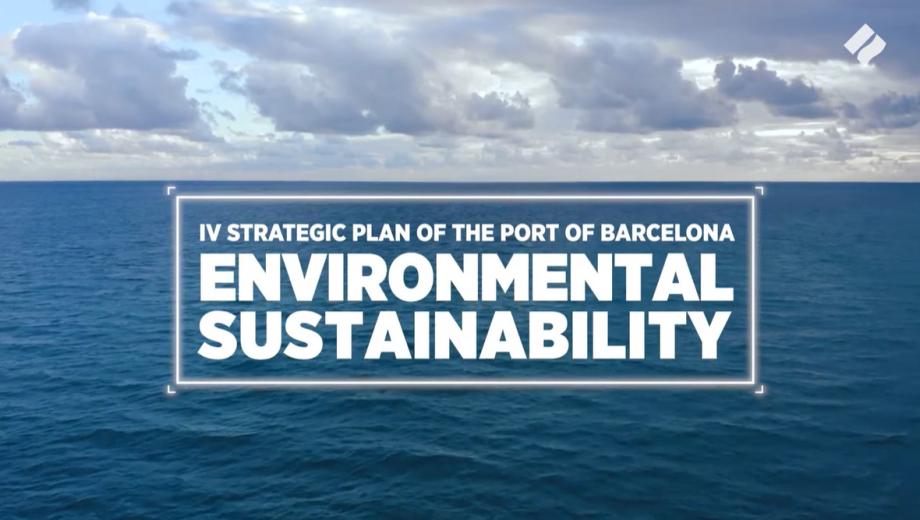Environmental sustainability
The environmental focus is an essential element to guarantee the port-city fit and to ensure the type of future growth that the Port of Barcelona seeks. But also to contribute to modernisation and differentiation in an increasingly globalised world trade context.
Goal: 2030-2050
Accelerate decarbonisation
In 2018, the Port joined the World Ports Climate Action Program (WPCAP) initiative, which aims to lay the foundations for accelerating the decarbonisation of port activity and maritime transport. In addition to the Port of Barcelona, the ports of Vancouver, Los Angeles, Long Beach, New York, Hamburg, Antwerp, Rotterdam and Gothenburg are also participating.
Ports, the environment and the 2030 Agenda
The port adheres to the United Nations Pact 2015-2030, which establishes 17 sustainable development goals (SDGs) to be achieved by 2030.

Reduce energy consumption at the APB facilities and in port activities, encouraging renewable generation initiatives.

Optimise land transport with origin and destination in the port, enabling and promoting the use of railways as a more efficient alternative to road transport.

Reduce the emissions generated in the handling and storage of solid and liquid bulk. Promote alternative energy in transport, with alternative fuels (LNG) and the use of electrical connections to ships while in port.

Recovery of construction and demolition waste in port landfills when technically feasible. Guarantee proper waste management in the port and increase the proportion of waste that undergoes a recovery process.

Achieve an early and effective response to potential marine pollution emergencies in the port's service area, minimising its impact. Reduce water and sediment pollution and the dumping of waste from ships.

Modernise and improve the level of control of the water distribution network to optimise its management and minimise its consumption.
The Port's environmental commitment
A sustainable and strategic progress


